NAT & IGO 2021 Speakers
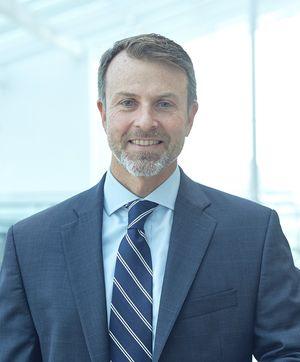
Dr. Wherry received his Ph.D. at Thomas Jefferson University in 2000 then went on to do his postdoctoral research at Emory University where he trained with Rafi Ahmed from 2000-2004. Dr. Wherry was appointed Assistant Professor in 2005 in the Immunology Program at The Wistar Institute and then joined the Penn's Microbiology Department in 2010.
Throughout his tenure at both the Wistar Institute and the PSOM Microbiology Department, Dr. Wherry had a strong involvement in the Immunology Graduate Group (IGG) and the larger immunology community. Dr. Wherry served as IGG Admissions Chair from 2006-2011 and then served as chair of the Immunology Graduate Group from 2011-2013. Dr. Wherry remains on the IGG Executive Committee and has mentored numerous graduate students within the IGG program and other graduate groups within the Biomedical Graduate Studies program. In October 2012, Dr. Wherry was appointed as Director of the Institute for Immunology (IFI), a Type-2 center whose mission is to advance our knowledge of the basic immunology of inflammation, autoimmunity, cancer, transplantation and infection and to translate this new knowledge to novel strategies for diagnosis, prevention and therapeutic intervention.
Dr. Wherry has received numerous distinctions for his consistent and significant contributions to infectious disease research. A major focus of the research in Dr. Wherry's laboratory is to understand the mechanisms of suboptimal CD8 T cell responses during chronic infections. In 2007, Dr. Wherry was selected as one of "America's Young Innovators-37 under 36" by the Smithsonian magazine and was appointed a member of the Faculty of 1000 in 2009. Dr. Wherry has over 100 publications in top international journals including Nature, Nature Immunology, Immunity, and the Journal of Immunology. His work has resulted in international recognition as evidenced by many invitations for seminars and extensive local and national service. The long-term goal of Dr. Wherry's laboratory is to develop approaches to reinvigorate the immune system in settings where it fails including chronic infections and cancer.
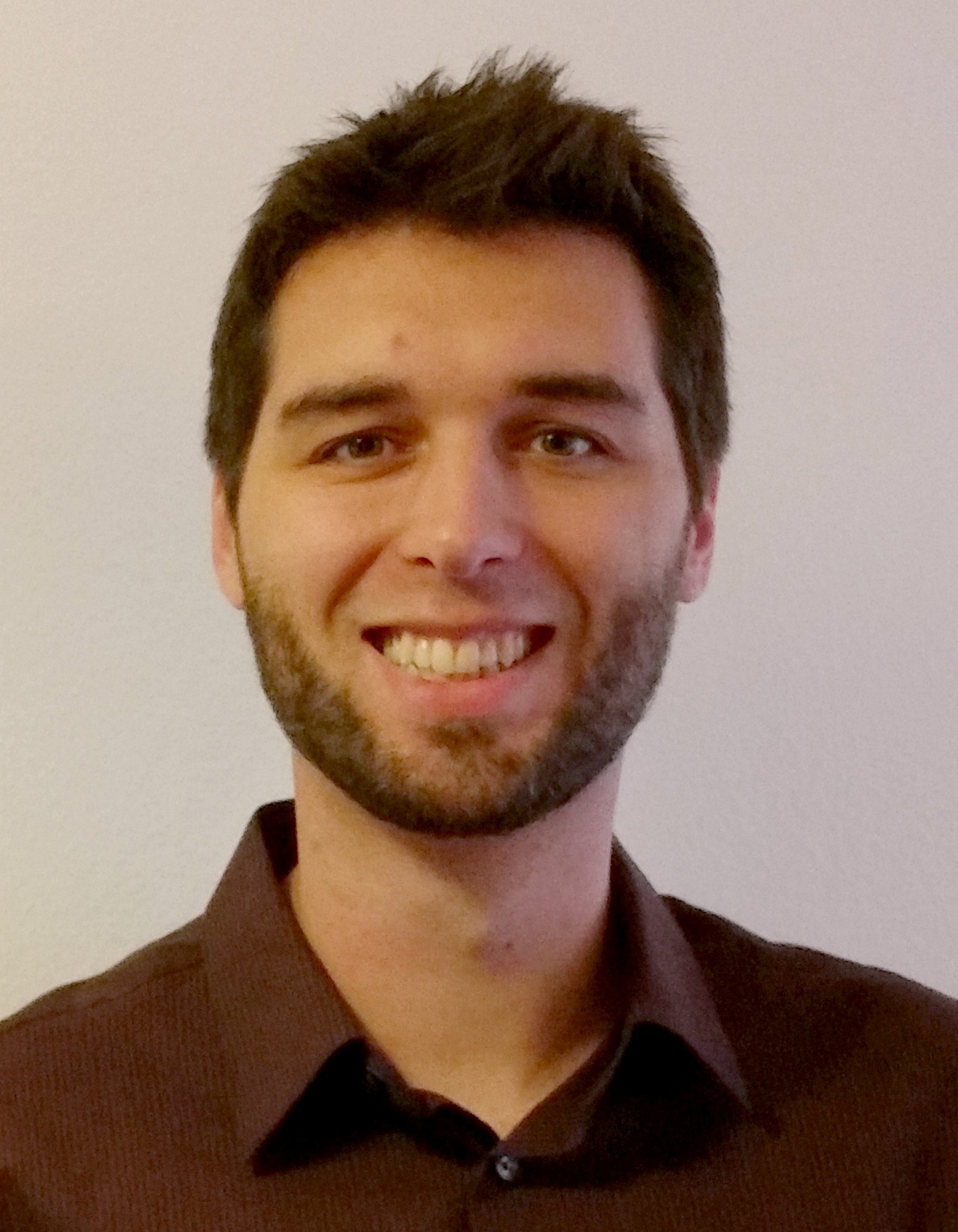 Nicolas Damond graduated from the University of Lausanne with an MSc in Genomics and Experimental Biology and received his PhD in Biology from the University of Geneva in 2015. Currently, he is working as a postdoctoral researcher in the lab of Prof. Bernd Bodenmiller at the University of Zurich. He has a long-standing research interest in the study of pancreatic islets in the context of type 1 diabetes. During his thesis work, he used transgenic mouse models and primary human islets to study islet cell type conversion after massive destruction of insulin-producing beta cells. He is now using Imaging Mass Cytometry to profile samples from donors with type 1 diabetes with the objective of reconstructing the parallel evolution of beta cells and islet-infiltrating immune cells through disease progression.
Nicolas Damond graduated from the University of Lausanne with an MSc in Genomics and Experimental Biology and received his PhD in Biology from the University of Geneva in 2015. Currently, he is working as a postdoctoral researcher in the lab of Prof. Bernd Bodenmiller at the University of Zurich. He has a long-standing research interest in the study of pancreatic islets in the context of type 1 diabetes. During his thesis work, he used transgenic mouse models and primary human islets to study islet cell type conversion after massive destruction of insulin-producing beta cells. He is now using Imaging Mass Cytometry to profile samples from donors with type 1 diabetes with the objective of reconstructing the parallel evolution of beta cells and islet-infiltrating immune cells through disease progression.
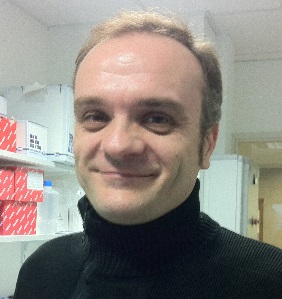 During his PhD, Jean-François Fonteneau studied T cells response against melanoma in Pr Jotereau lab, Nantes, France (1996-99). He joined Dr Bhardwaj in Dr Steinman Lab at Rockefeller University (1999-2003), where he studied DC biology, notably cross-presentation of viral and tumor Ag. He returned to Pr Jotereau Lab to identify melanoma Ag recognised by patients T cells (2003-08). In 2009, he joined Dr Gregoire Lab, INSERM U892, to study attenuated measles virus as an oncolytic virus for virotherapy of pleural mesothelioma.
During his PhD, Jean-François Fonteneau studied T cells response against melanoma in Pr Jotereau lab, Nantes, France (1996-99). He joined Dr Bhardwaj in Dr Steinman Lab at Rockefeller University (1999-2003), where he studied DC biology, notably cross-presentation of viral and tumor Ag. He returned to Pr Jotereau Lab to identify melanoma Ag recognised by patients T cells (2003-08). In 2009, he joined Dr Gregoire Lab, INSERM U892, to study attenuated measles virus as an oncolytic virus for virotherapy of pleural mesothelioma.
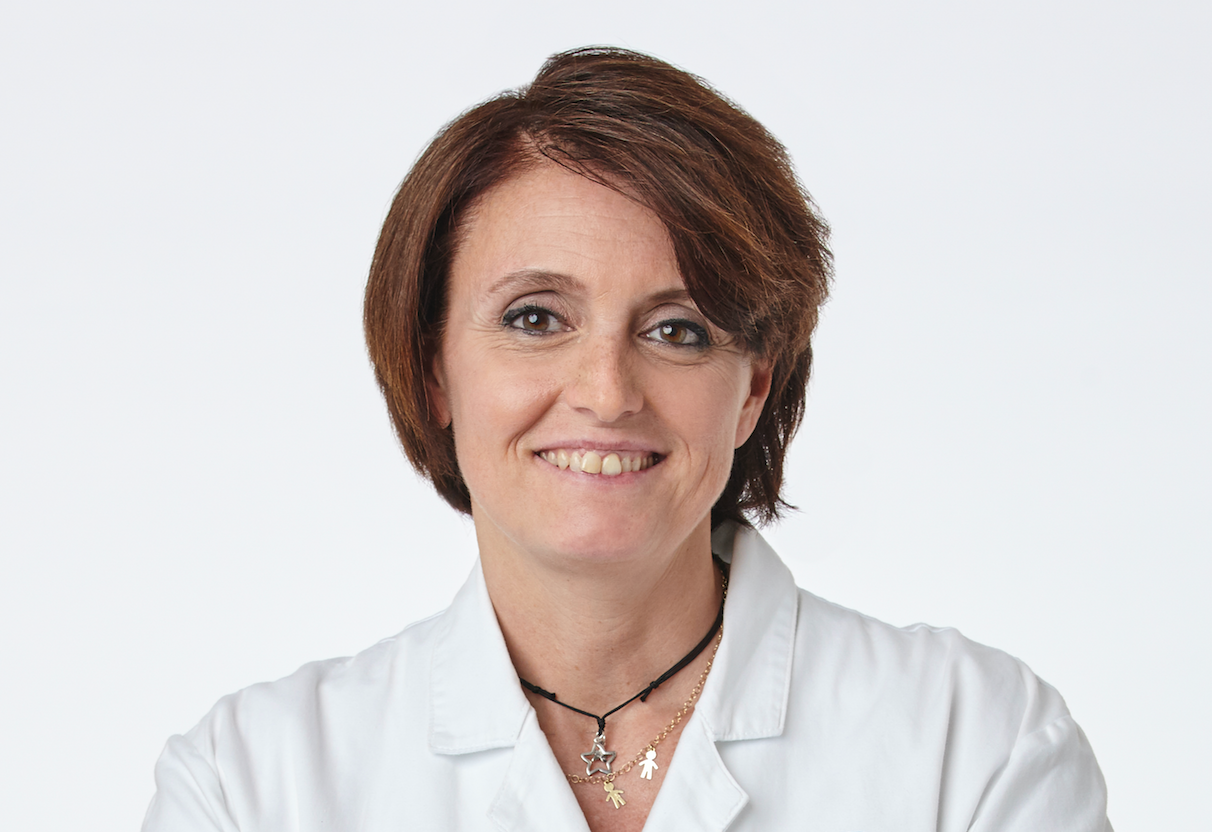
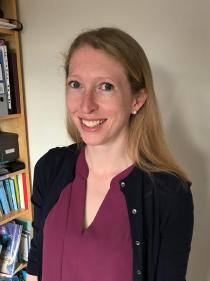
She co-leads work on the human fetal bone marrow as part of the Human Cell Atlas Development strand. Her work takes place in the Haniffa Lab, headed by Professor Muzz Haniffa. She is clinically active, working predominantly in bone marrow transplantation.
Her training was in Biological Sciences (AB, Harvard, 2004), Medicine (MBBChir, Cambridge, 2008) and Immunology (PhD, Newcastle, 2016).
She spends her spare time running and looking after her two children.
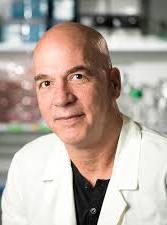
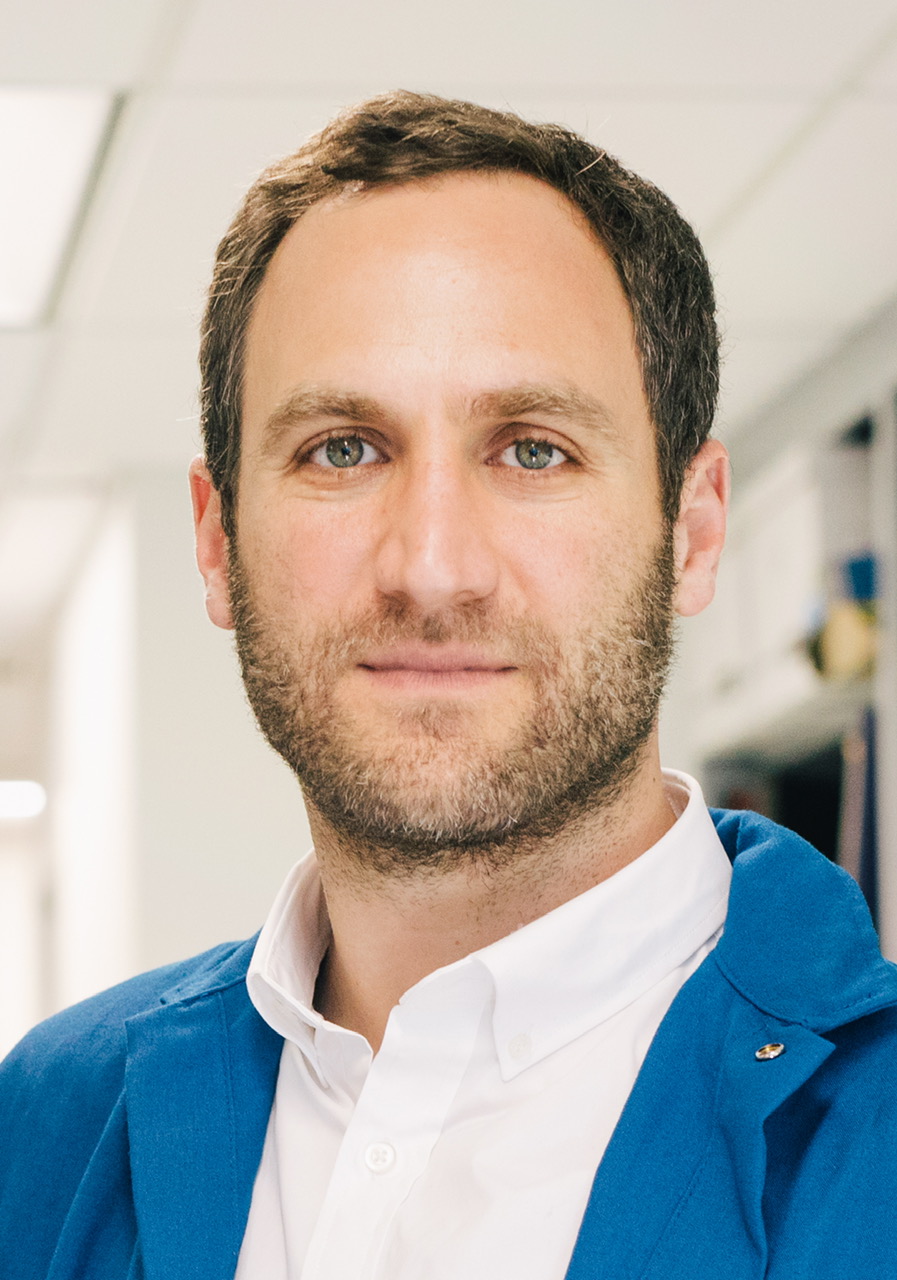
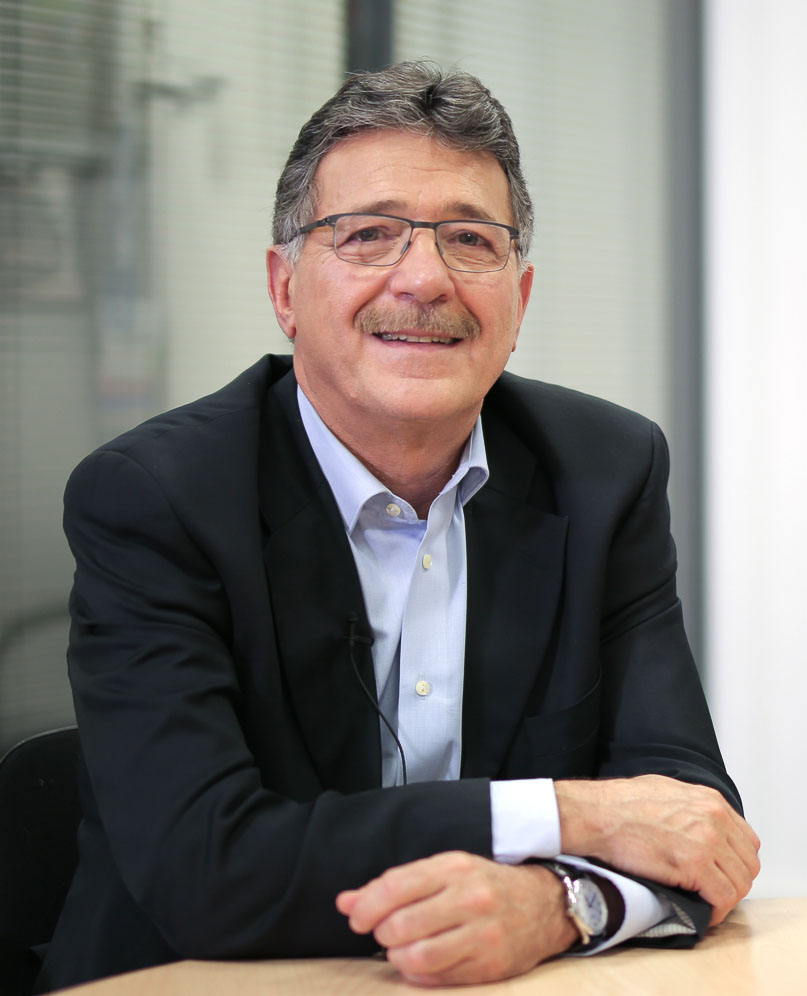
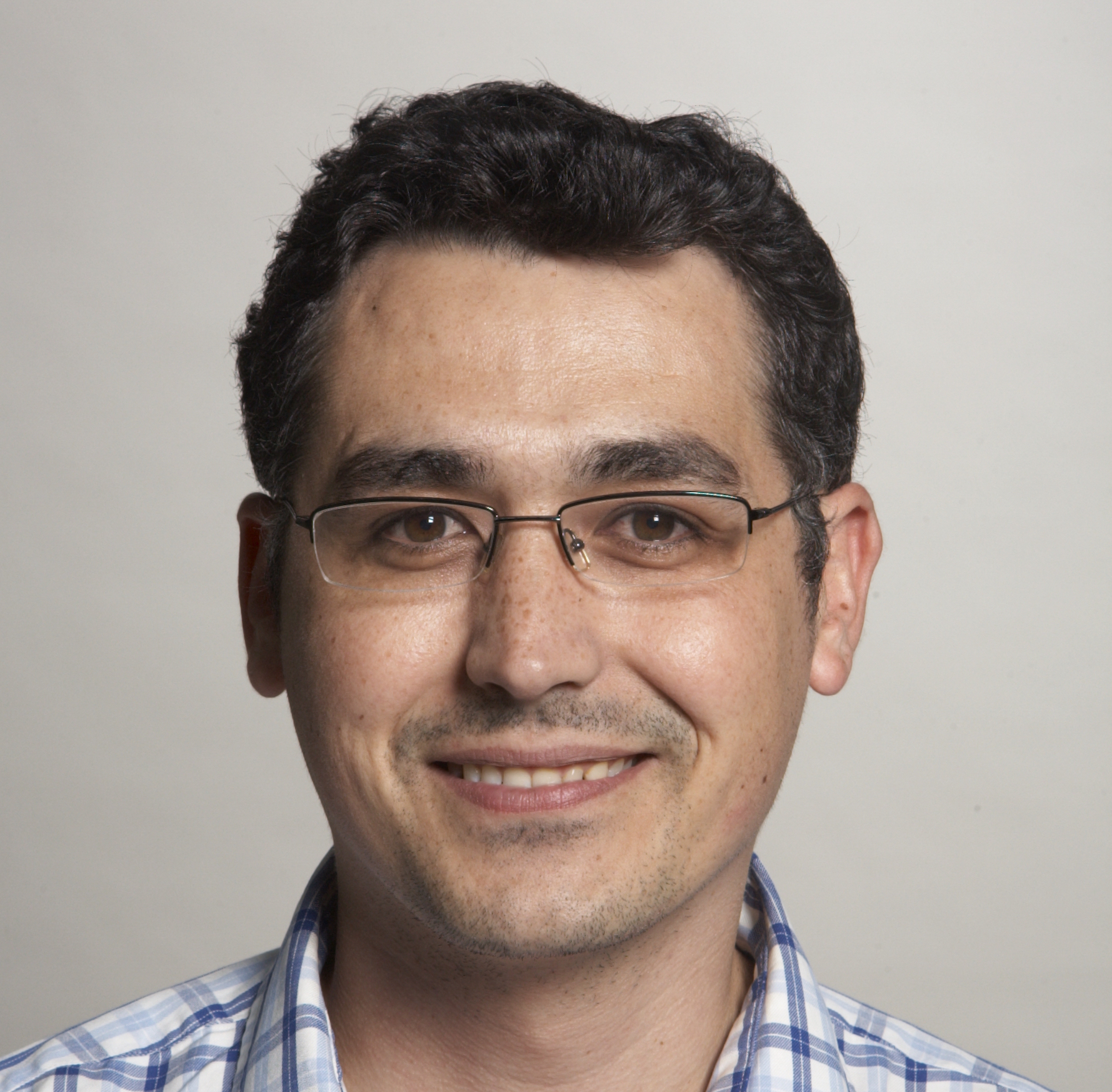 Dr. Jordi Ochando is an Assistant Professor of Oncological Sciences at the Icahn School of Medicine at Mount Sinai in New York (USA). His laboratory has recently discovered that trained immunity represents a previously unrecognized pathway that prevents the induction of transplantation tolerance. To prevent the detrimental effects of trained macrophages, his laboratory uses a novel revolutionary targeted therapeutic delivery approach, in which drug-loaded nanobiologics that specifically target macrophages in vivo and induce long-term allograft acceptance with minimal immunosuppressive drug usage. This research represents a compelling framework for developing novel targeted therapies that modulate the innate immune response with the concomitant clinical applications in humans.
Dr. Jordi Ochando is an Assistant Professor of Oncological Sciences at the Icahn School of Medicine at Mount Sinai in New York (USA). His laboratory has recently discovered that trained immunity represents a previously unrecognized pathway that prevents the induction of transplantation tolerance. To prevent the detrimental effects of trained macrophages, his laboratory uses a novel revolutionary targeted therapeutic delivery approach, in which drug-loaded nanobiologics that specifically target macrophages in vivo and induce long-term allograft acceptance with minimal immunosuppressive drug usage. This research represents a compelling framework for developing novel targeted therapies that modulate the innate immune response with the concomitant clinical applications in humans.
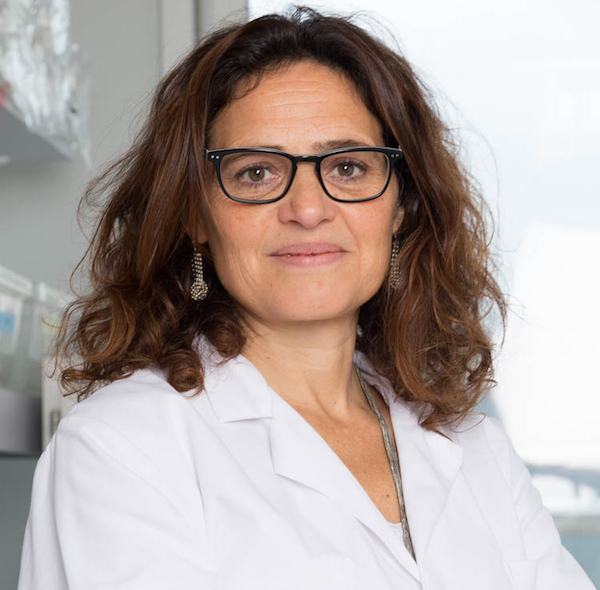 Dr. E. Piaggio obtained the diploma of clinical biologist and the PhD in Immunology at the National University of Rosario, Argentine. She did her post-doctoral studies in France and actually is research director of INSERM. She directs the "Translational Immunotherapy team” at Institut Curie, in Paris. Her team is part of the first French Center for Cancer Immunotherapy. Her main contributions have been in the field of regulatory T-cell based immunotherapy of infectious diseases (Chagas' disease), autoimmunity (type 1 diabetes and multiple sclerosis/EAE), alloreactivity (GVHD and transplantation) and more recently, cancer. Her team is interested in the development of novel immunotherapies, translatable to patients.
Dr. E. Piaggio obtained the diploma of clinical biologist and the PhD in Immunology at the National University of Rosario, Argentine. She did her post-doctoral studies in France and actually is research director of INSERM. She directs the "Translational Immunotherapy team” at Institut Curie, in Paris. Her team is part of the first French Center for Cancer Immunotherapy. Her main contributions have been in the field of regulatory T-cell based immunotherapy of infectious diseases (Chagas' disease), autoimmunity (type 1 diabetes and multiple sclerosis/EAE), alloreactivity (GVHD and transplantation) and more recently, cancer. Her team is interested in the development of novel immunotherapies, translatable to patients.Now working in biotechnology with a focus on cancer immunotherapy, Dr. Turley applies principles established in rigorous basic science to making real-life medicines that positively impact cancer patient outcomes. She also continues her mentorship of trainees including postdoctoral fellows and students at the graduate and undergraduate levels.
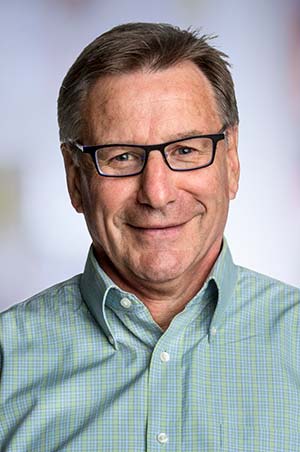
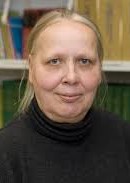
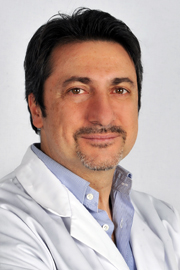
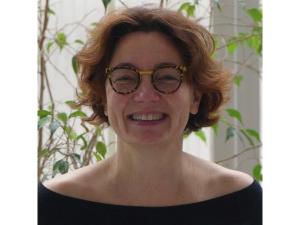
Keywords: Tumor microenvironment, Lymphoma, Stromal cells, Immunotherapy, Germinal center
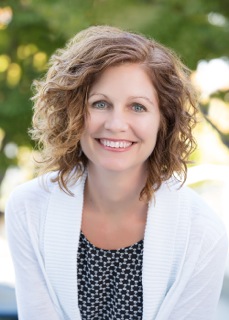
In 2014, Dr. Turley was recruited to the Department of Cancer Immunology at Genentech as a Principal Scientist and Group Leader to build a tumor microenvironment/stromal immunobiology discovery research program with a focus on developing immunotherapeutics for treating patients with inflammatory diseases and advanced and metastatic cancers. In 2018 she was promoted to Staff Scientist at Genentech. Dr. Turley presently serves as a permanent member of the NIH Transplantation, Tolerance and Tumor Immunology Study Section and reviews grant applications for research foundations. She also serves on the editorial board for several journals including Journal of Experimental Medicine, Cancer Immunology Research and Scientific Reports. Dr. Turley has published over 115 peer-reviewed papers, invited reviews and book chapters and frequently lectures and presents her published research at conferences and universities around the world. She has been the recipient of a number of awards and honors. Dr. Turley was recently selected to receive the Frederick W. Alt Award for New Discoveries in Immunology from the Cancer Research Institute.
Now working in biotechnology with a focus on cancer immunotherapy, Dr. Turley applies principles established in rigorous basic science to making real-life medicines that positively impact cancer patient outcomes. She also continues her mentorship of trainees including postdoctoral fellows and students at the graduate and undergraduate levels.
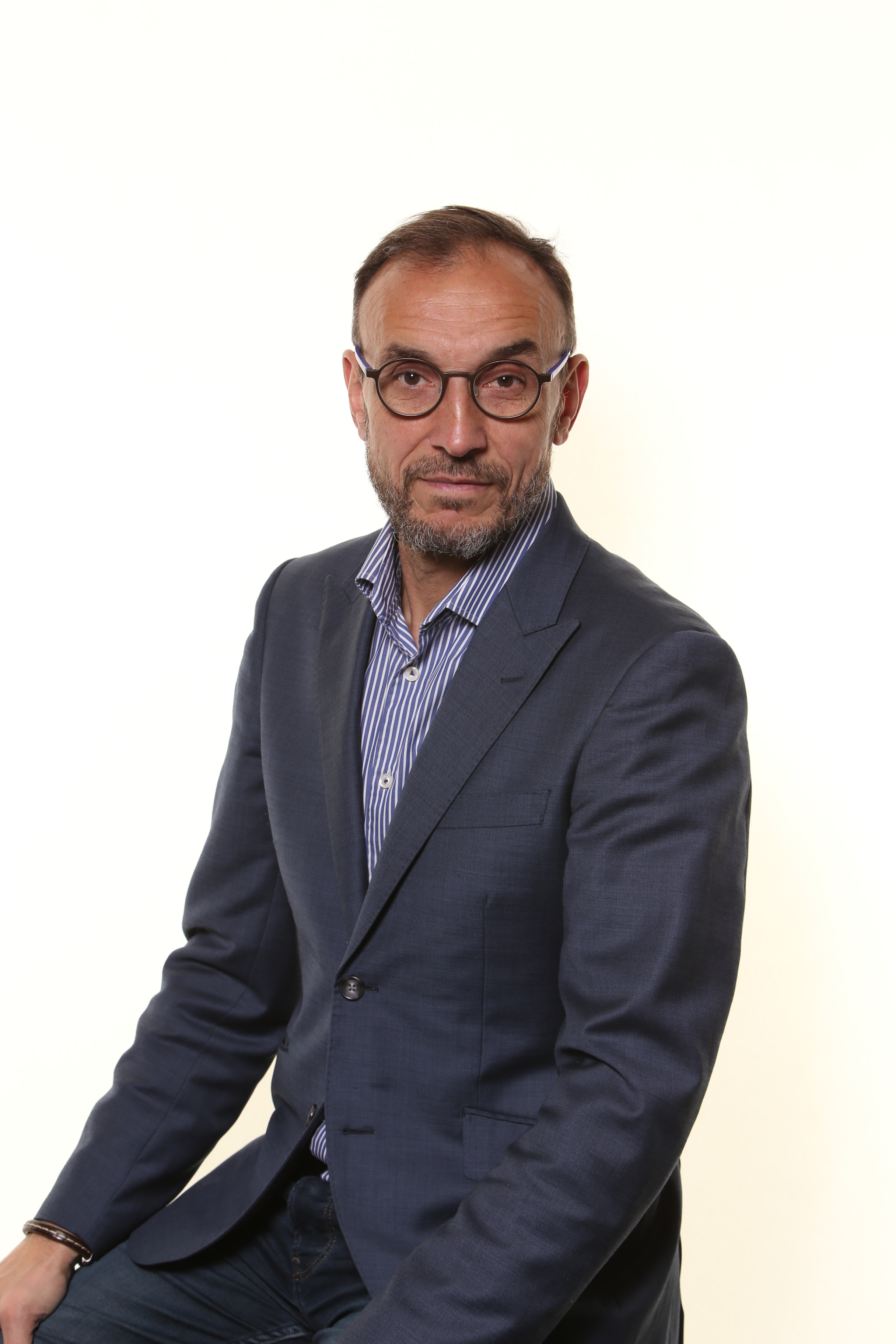
Éric Vivier, DVM, PhD, is Professor of Immunology at Aix-Marseille University and at the Public Hospital of Marseille (AP-HM). In addition, he was appointed in 2018, Scientific Director of Innate Pharma, a biotechnology company dedicated to improving cancer treatment with innovative therapeutic antibodies that exploit the immune system.
He completed his post-doctoral training at Harvard Medical School, then joined Aix-Marseille University as professor at the Centre d'Immunologie de Marseille-Luminy (CIML) in 1993 before becoming its director from 2008 to 2017. He is also one of the founders of Marseille-Immunopôle, an immunology cluster created in 2014 linking fundamental and therapeutic research, innovation and industrial development on the Aix-Marseille metropole.
Eric Vivier's work focuses on innate immunity and in particular Natural killer and other innate lymphoid cells, at Ciml, at AP-HM and at Innate-Pharma. Professor Vivier has published over 300 scientific articles and is on the list of the most cited researchers
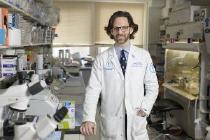
Christopher Klebanoff is a medical oncologist and translational researcher whose focus is on providing the best care possible to people with breast cancer. His dual role in the clinical setting and the laboratory allows him to work with his patients to develop more-effective, less-toxic therapies. He strongly believe that this is how we will change the future of cancer care. The ability to use a patient’s own immune system as a form of cancer treatment — immunotherapy — is revolutionizing how we attack many cancers. My goal is to bring these advances to people with breast cancer, a disease for which we are still discovering immunotherapy’s full potential. To this end, I am a member of the Center for Cell Engineering and the Parker Institute for Cancer Immunotherapy at Memorial Sloan Kettering, where I am involved in both clinical trials and laboratory research that aim to bring the most promising immunotherapies to our patients. My expertise is in cellular therapy and genetic engineering, immune-stimulating antibodies and hormones (also called cytokines), and cancer vaccines.
